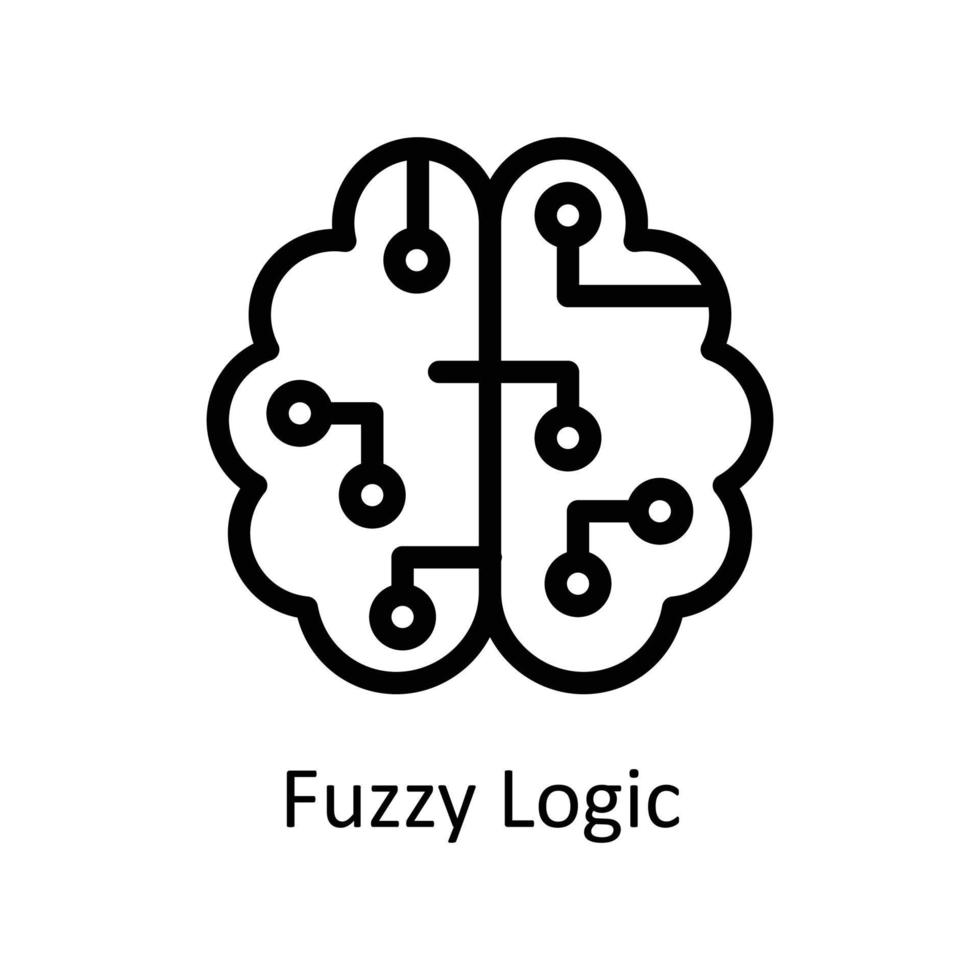
Understanding Fuzzy Logic: A Smarter Approach to Decision Making
In the ever-evolving landscape of artificial intelligence and automation, fuzzy logic has emerged as a powerful tool for handling uncertainty and imprecision in decision-making. Unlike traditional binary logic, which classifies data into absolute true or false values, fuzzy logic allows for degrees of truth, making it highly effective for complex real-world applications.
What is Fuzzy Logic?
Fuzzy logic is a form of multi-valued logic derived from fuzzy set theory, introduced by Lotfi Zadeh in 1965. It enables reasoning that mimics human decision-making by allowing variables to have a range of values rather than rigid categories. In simple terms, instead of answering with a strict “yes” or “no,” fuzzy logic permits responses like “somewhat yes” or “mostly no.”
Key Features of Fuzzy Logic
- Gradual Truth Values: Unlike traditional logic that classifies conditions as 0 or 1, fuzzy logic assigns degrees of truth ranging between 0 and 1.
- Rule-Based System: It relies on a set of IF-THEN rules to model human-like reasoning.
- Flexibility: Capable of managing incomplete or imprecise data effectively.
- Applicability: Works well in environments where binary logic fails, such as control systems and AI-driven decision-making.
Applications of Fuzzy Logic
Fuzzy logic has been widely adopted across multiple industries due to its versatility. Some key applications include:
- Consumer Electronics: Used in washing machines, air conditioners, and cameras for optimizing performance based on varying conditions.
- Automotive Systems: Helps in automatic gear shifting, anti-lock braking systems (ABS), and driver assistance technologies.
- Healthcare: Supports medical diagnosis, patient monitoring, and treatment plans by handling uncertain or incomplete data.
- Industrial Automation: Improves robotic control systems, process automation, and predictive maintenance.
- Artificial Intelligence: Enhances decision-making in AI systems, expert systems, and natural language processing.
Advantages of Fuzzy Logic
- Human-Like Reasoning: It closely mimics human thought processes, making it easier to interpret and implement.
- Handles Uncertainty: Deals effectively with vague, ambiguous, or imprecise information.
- Cost-Effective: Requires less computational power compared to other AI techniques such as neural networks.
- Easy Integration: Can be embedded into existing control systems without extensive modifications.
Challenges and Limitations
Despite its advantages, fuzzy logic also has some limitations:
- Lack of Standardization: No universal framework for defining fuzzy rules and membership functions.
- Rule Explosion: Complex systems may require an extensive number of rules, making implementation difficult.
- Dependency on Expert Knowledge: Requires domain expertise to design efficient rule-based systems.

ADAS Revolution and Fuzzy Logic
The ADAS Revolution
Advanced Driver Assistance Systems (ADAS) are transforming the automotive industry by improving vehicle safety and driver experience. Fuzzy logic plays a crucial role in ADAS by enabling intelligent decision-making in uncertain and dynamic road conditions. Some key applications of fuzzy logic in ADAS include:
- Adaptive Cruise Control: Adjusting vehicle speed based on traffic conditions.
- Lane Departure Warning Systems: Detecting lane drift and alerting drivers.
- Collision Avoidance Systems: Predicting and preventing potential crashes.
- Parking Assistance: Assisting drivers with precise maneuvering in tight spaces.
Fuzzy logic enhances the efficiency of ADAS by allowing vehicles to interpret real-world data more effectively, ensuring smoother and safer driving experiences.